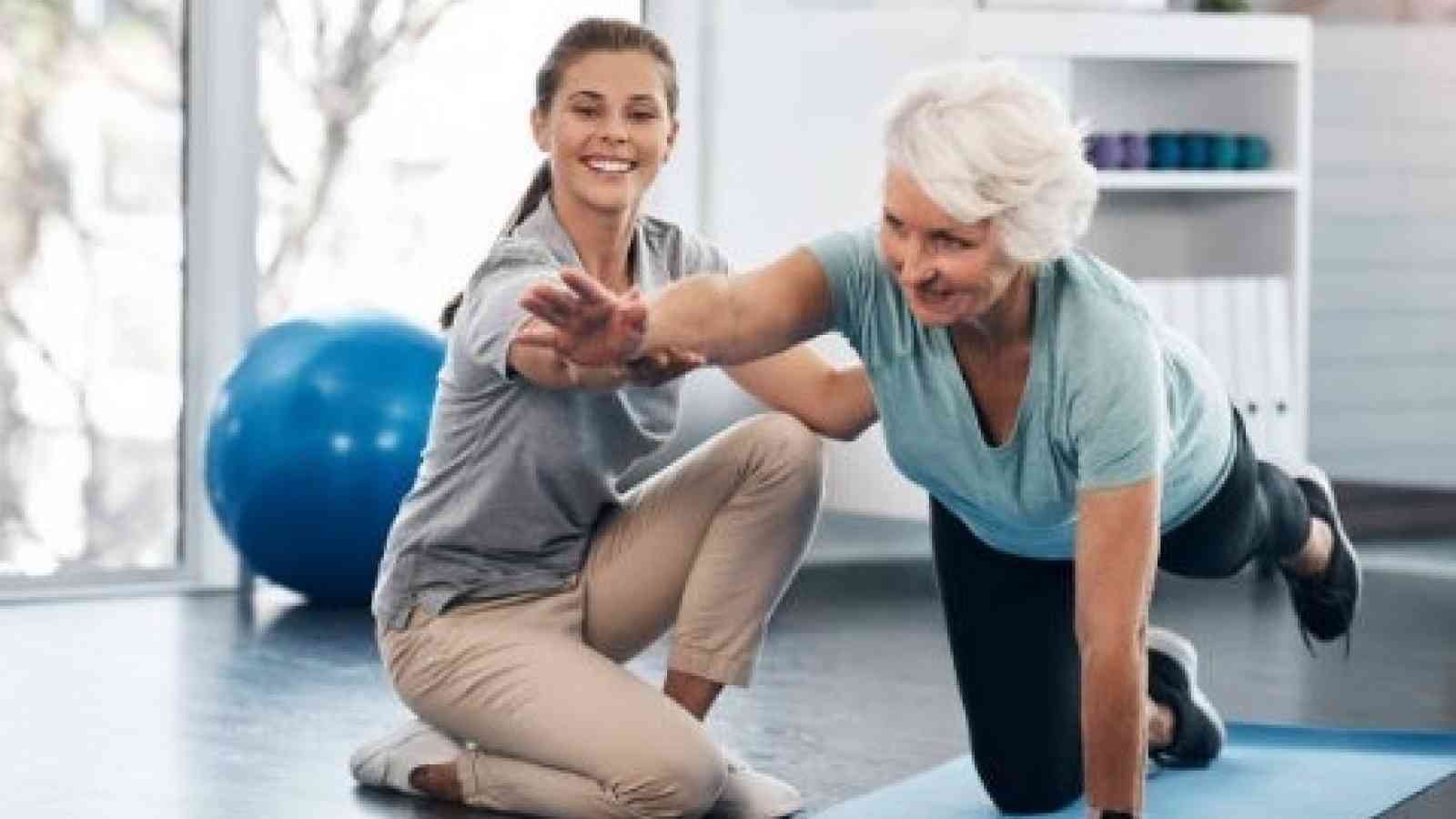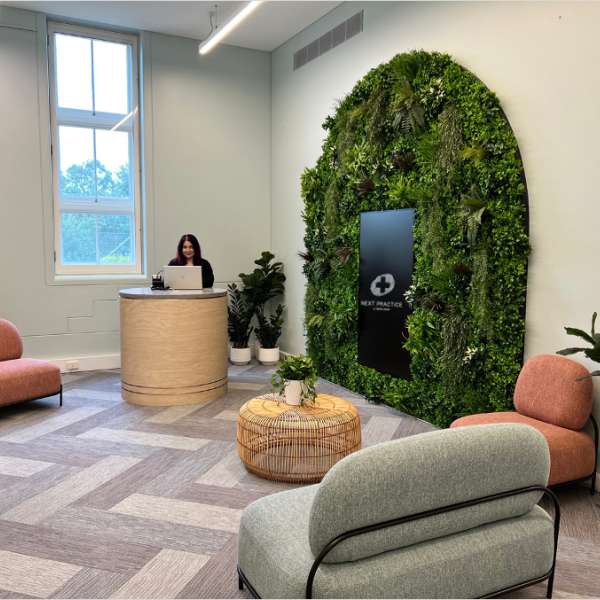
Aging and Movement - Use it or Lose it!
The inevitable process of aging is one thing we like to avoid but is undeniable.
Aging does create some wear and tear on our joints, this is natural, however wear and tear does not mean loss of resilience and function – hence the old adage use it or lose it is very relevant as the years go by.
Movement stimulates the flow of synovial fluid which lubricates our joint and creates moisture in the fascia. Movement helps the tissues flush the products of cellular activity that needs to be carried back into the circulation as part of the natural process of homeostasis. Movement stimulates the flow of the feel-good hormones that bring us joy and relaxation in both the mind and the body.
Most people walk for exercise, but I would argue that walking whilst a wonderful way to get some exercise, does not really challenge our musculoskeletal system very effectively to promote the resilience we need to age well. Yoga and Feldenkrais movements put the body in unusual shapes we move in and out or hold the shape and this literally reshapes our soft tissues over time. So instead of losing functional movement we can actually improve it as the years go by. Changing our movement patterns also changes our brain; patterns of thought; self-image, flowing movement, stability and ease become part of who we are with regular practice.
We don’t usually think about the brain in terms of how we move but the processing between the body and the brain are inextricably linked. Habitual movement patterns are very much linked to the way the brain (the top bit of the nervous system) processes movement. As we age, we tend to limit what we do in terms of exercise and movement in daily life but gently challenging the body instead of over protecting it is key to keeping your body resilient. Research is showing the importance of challenging both the body and mind; keeping the brain plastic, learning and growing even as we age.
The brain is involved in balance, motor planning, and different feedback loops that control our ability to move smoothly and in complex ways that are often unconscious. Stimulating these higher brain centres with practices such as Yoga and Feldenkrais brings about healthy neuroplastic changes to our sensory motor system that improve quality of life both physically and mentally.
Recent studies have shown that regular yoga practice can impact Biomarkers of Aging. Increased sustained cortisol levels which results from chronic stress impacts the body in a negative way both on a cellular and systemic way. Recent studies highlight how Yoga helps the body balance the need for cortisol and reduces the chronic overproduction of this hormone that is linked to conditions of aging and chronic disease.
Article source: https://yogafeldenkrais.com.au...

